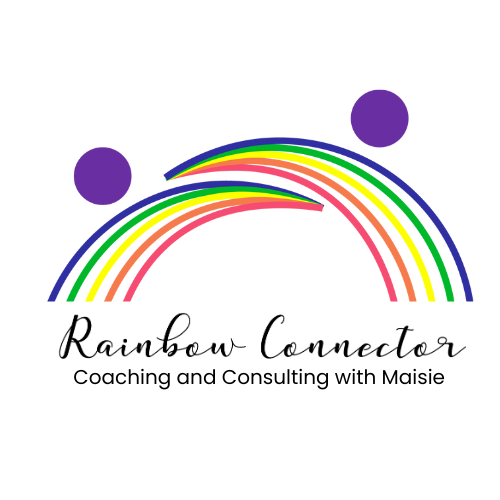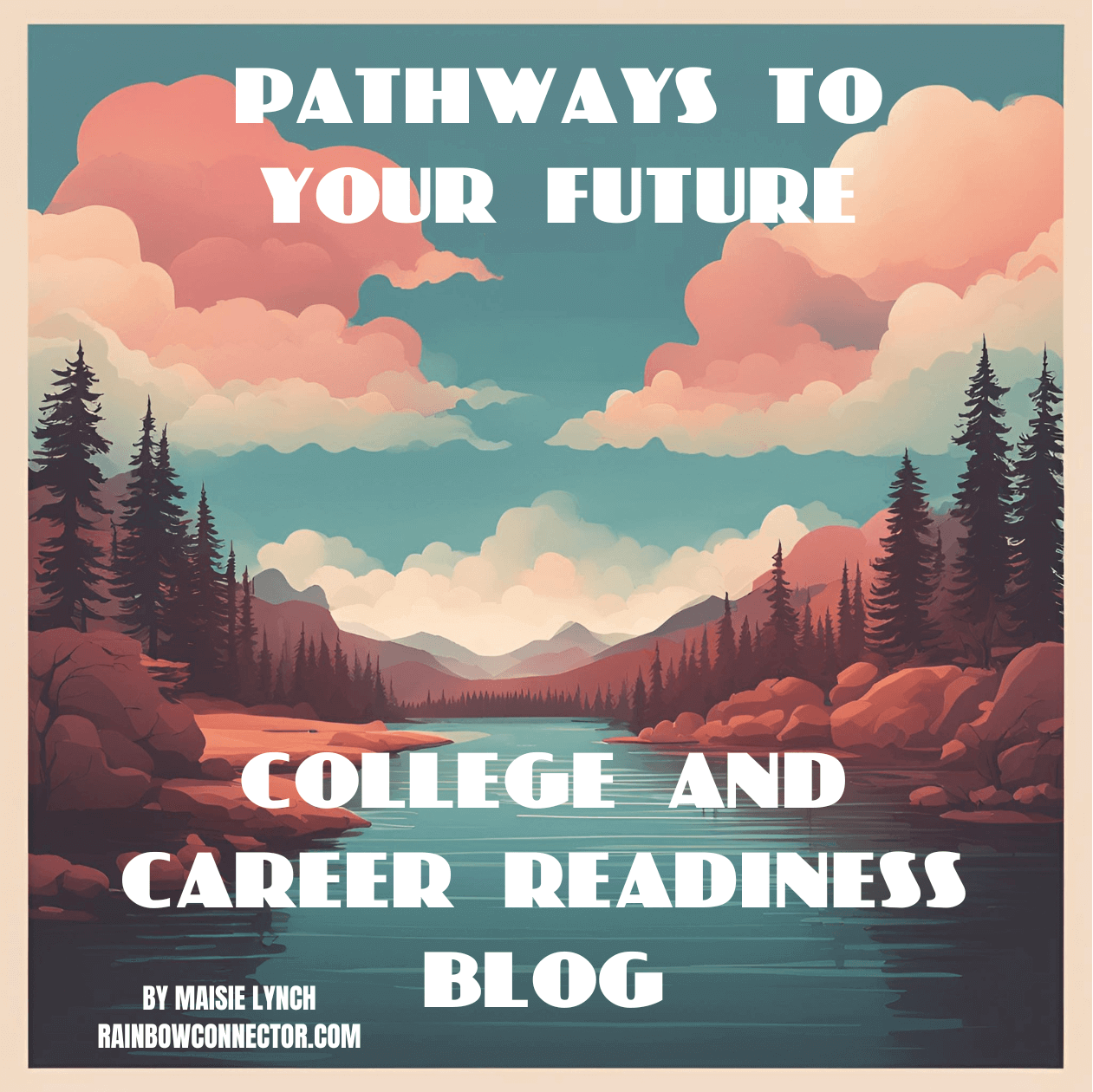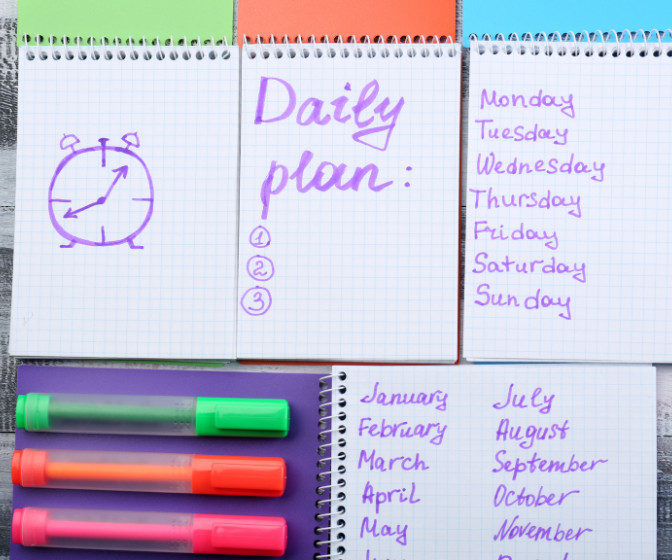
Welcome to the first steps towards your future self!
If you are one of the 1 in 5 people who has a neurodivergent mind (such as ADHD, Autism, OCD, or Tourette's, for example), this blog post is just for you. We're talking about something super important today: Career Planning. It might sound daunting, but trust me, with the right tools and mindset, it can be an exciting journey. This post will help you get started!
Section 1: Why Career Planning is Crucial
Career planning is not just about finding a job. It’s about discovering what makes you tick, what you're good at, and how you can contribute to the world while making a living. For individuals with neurodivergencies, this is especially crucial. Why? Because traditional career paths may not always align with how your brain works, and that’s perfectly okay! Remember, there's no "one size fits all" - everyone's journey is unique.
Section 2: Understanding the Challenges
Let's address the elephant in the room: executive functioning challenges can sometimes go hand-in-hand with neurodivergencies. These might include difficulties with organizing, planning, or time management. Maybe you struggle with making decisions or get overwhelmed by too many options. These challenges can make career planning feel like you are navigating a maze without a map. But don't worry, we've got some strategies to help. Keep reading to learn more. And, if you don't have time to read it all today, just scroll down to the end to read our recommended Strategies or Resources and Tools.
Section 3: The Career Planning Process- This Week's Steps
Step 1: Become Aware of the Need to Make Career Decisions
If you found this post, then chances are you've already taken the first step of the career planning process...becoming aware of the need to make career decisions. So, let's just keep moving ahead! See how easy that was?
Step 2: Recognize Your Strengths and Interests- Learn About Yourself
This step in the career planning process is about understanding yourself. What are you passionate about? What activities make you lose track of time? This isn’t just about your skills but also your interests and values. Maybe you love working with animals, or you're passionate about technology. These interests are clues to your ideal career path.
Self-Assessment Tools
To help you in this self-discovery journey, there are some fantastic tools out there. For instance, 16Personalities offers a free personality test that can give insights into your work preferences and potential career paths. Remember, these tools are just guides, not definitive answers. Use them to spark ideas and reflections. If you would like to take a more formal assessment that is one of the most widely used and based on research, sign up for my PathFinder-8 Challenge today and get instant access to the Strong Interest Inventory®.
Articles and Resources
It's also super helpful to read about how other individuals with neurodivergencies have navigated their career paths. There are many articles online where people share their experiences and tips. These stories can be incredibly inspiring and reassuring.
Visualizing the Importance of Career Planning
An infographic can be a great way to visualize this information. It can break down the career planning process into easy-to-understand steps, showing you how each stage builds on the last. Plus, it's always nice to have something colorful and engaging to look at! Request your free copy here of one I created based on the National Career Development Association's (NCDA) Career Planning Process.
Section 4: Strategies
For individuals with neurodivergencies, certain aspects of self-discovery, like organizing thoughts or making decisions, can be challenging. Here are some strategies to help:
- Break It Down: Instead of tackling everything at once, break the process into smaller, manageable tasks.
- Use Visual Aids: Mind maps or charts can help organize your thoughts visually.
- Set a Routine: Consistency can be helpful. Set aside a regular time each day or week for self-discovery activities. Even 15 minutes a day can make a huge difference and lead to big changes.
- Take Small Steps: Did you know that doing something for just 15 minutes a day is the equivalent of 91.25 hours in a year? That's like taking two weeks off of work or school and working full time on your goals!
Section 5: Getting Professional Help- Certified Career Services Providers
Sometimes, you might want a little extra help, and that's where Certified Career Services Providers come in. These professionals specialize in career counseling and can provide personalized advice and support. They understand the unique challenges you might face as an individual with a neurodivergent mind and can offer strategies tailored to your needs. Make sure to find someone who has experience working with people with neurodivergencies and who understands what executive functioning challenges you might deal with. Also, make sure they have adequate experience and training and are credentialed by an industry-recognized organization such as the National Career Development Association (NCDA). You can book a free call with me at this link to see if I would be a good match to guide you through the process.
What Can a Career Services Provider Do For You?
Personalized Assessments: They can help you understand your strengths, weaknesses, and interests in depth.
Career Exploration: They can guide you through exploring different career options that align with your personality and skills.
Decision-Making Support: They can provide tools and techniques to help you make informed career decisions.
Job Search Strategies: From crafting a standout resume to preparing for interviews, they can assist you every step of the way.
Your neurodivergent mind is a part of who you are and can be a real asset in the workplace. Embrace your uniqueness, be open to learning and growing, and above all, believe in yourself. Your career path might not be linear, and that’s perfectly okay. Each step you take is a learning opportunity and a chance to grow.
Resources and Tools to Consider
Career Exploration: O*NET Online
Educational Planning: College Board
Interview Preparation: YouTube videos, including specific ones for those with neurodivergencies like this one.


















0 Comments